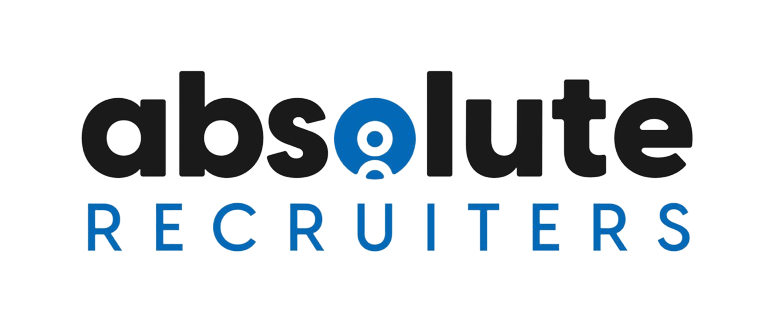7 Red Flags you Should look Out For During Job Interviews
Red Flags are warning signs that indicate someone’s manipulative or unhealthy behavior. Talking about red flags in an interview, there can be many things such as disrespectful behaviour, strange body language, poor communication skills, vague answers, etc. Therefore, while sitting in an interview, you may need to look out for some red flags
We compiled a brief list of these red flags you should look out for during those job interviews
Constant rescheduling and disorganisation:
Sometimes, people are busy and things may unexpectedly come up, so it’s possible that an interview may at some point need to be rescheduled. Yet, when it happens multiple times, it’s an indication that something is wrong somewhere. Rescheduling more than twice us a lot and if at all any hiring manager wants to do this, there should be some real reasons explained to you. Employers who see you as important, would not waste your time. They will do this because they know how precious your time is to you, and how you can go somewhere else if you want to.
Inconsistency with answers to your questions.
When you ask questions during the interview process, you want to pay attention to how clear the answers you receive are. If the answers are not specific and direct, that’s a red flag, and you should ask follow-up probing questions until you’re satisfied. You want to have readymade questions to ask each stakeholder, to understand their perspective, as well as notice where there is alignment in their answers and, perhaps more important, where there is not. You’ll want to see that there is a fair degree of consistency in their answers from one person to the next. A different answer from one person may still be consistent and complement others’ responses, painting a fuller picture of the situation, role, or environment for you. Some difference is expected. It’s when you hear answers to the same question that are directly different from others’ answers that you should be worried.questions to ask during an interview
Disrespectful behaviour:
During job interviews, it is important to observe the dynamics between the panelists. Do they interact without shutting eachother up, and is there mutual respect between them? What does their body language and subtle micro-expressions say, even if the interview is on video. If the stakeholders regard one another in a condescending manner and barely give room for constructive criticism, it shows how much disrespect has eaten deep into the system.
Exploding offers:
An exploding offer is basically an ultimatum. When trying to make a thoughtful career decision and weigh options that will affect your career and livelihood in years to come, ultimatums are not a good thing. It shows rigidness, insecurity, and even bullying behavior on the employer’s part. You do not want to join a company because you are under pressure to do so. You are most likely going to be faced with employers who wouldn’t respect your wants and needs once you’re on the job.
Offensive comments and remarks:
It is possible that an interviewer would ask a highly inappropriate or even illegal question or make an inappropriate comment. If you receive ageist, sexist, racist, or equally offensive questions or comments, it is an obvious red flag. The organization not only has poor training, but also likely tolerates bad behavior — or may have not addressed unconscious bias in its talent management practices, including recruiting. Working in such an environment will affect you negatively, and so you may want to back out.
Unclear Job Description:
Job descriptions that are not clear and concise are a major red flag. If it’s a marketing role for instance, all the job you are required to do shouldn’t be outside the marketing scope.
If the recruiter or employer can’t clearly define the duties of your job, define the duties of the job so broadly that it sounds like two or three jobs in one, this is a red flag you don’t want to avoid. If you also feel that some important details regarding the scope of the job are not added as it relates to the rest of the company, you may want to leave.
Lack of transparency :
Your employer not being transparent about everything during the interview can be a red flag.
For example, if you ask to meet the team before accepting or ask for the company handbook to get an idea of the policies you’ll be subject to and you’re denied, it’s a red flag. And if these do not even exist, be cautious. Finally, if you get an oral offer instead of a written one, that’s another red flag. And if your written offer varies significantly from what was discussed in the interview or what was in the job posting, that’s another red flag.
Although you can’t totally predict how a new job will turn out, staying alert to the potential red flags mentioned above during the interview process can help you stay careful when checking through your options.
Being observant in your interviews as well as attuned to how the process is managed, asking good follow-up questions, and doing your due diligence can help mitigate the chances of making a bad decision.


